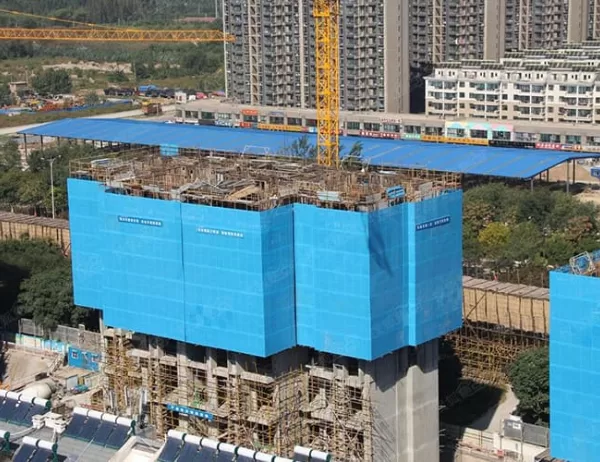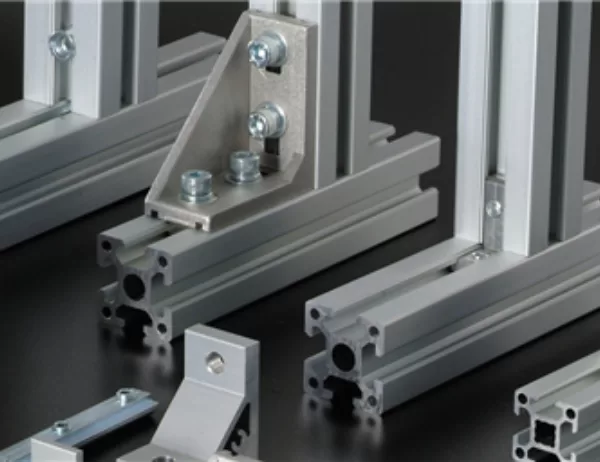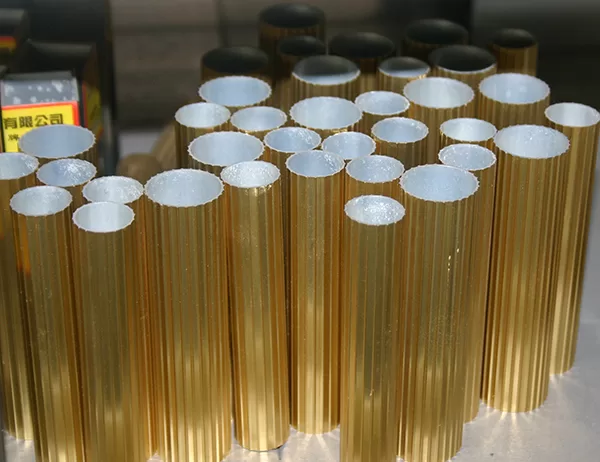Fluorocarbon coated aluminum is a durable and versatile material widely used in architectural applications, from building facades to roofing systems. Its exceptional weather resistance and longevity make it a preferred choice for projects seeking long-term performance. Understanding the factors that influence the lifespan of fluorocarbon coated aluminum is crucial for ensuring its optimal performance.
Pre-Treatment and Surface Preparation
The pre-treatment and surface preparation of the aluminum substrate play a pivotal role in the longevity of the fluorocarbon coating. Proper cleaning and etching create a clean and receptive surface for the coating, enhancing its adhesion and preventing premature failure.
Coating Thickness and Quality
The thickness and quality of the fluorocarbon coating directly impact its durability. Thicker coatings provide increased protection against UV radiation and environmental factors, extending the lifespan of the aluminum substrate. Coating quality, determined by the resins and pigments used, influences the coating’s resistance to fading, staining, and chemical attack.
Environmental Conditions
The environmental conditions in which the coated aluminum is installed have a significant effect on its lifespan. Exposure to harsh weather conditions, such as extreme temperatures, UV radiation, and salt spray, can accelerate the degradation of the coating. Proper site selection and design considerations can minimize environmental exposure and extend the lifespan of the coated aluminum.
Maintenance and Inspection
Regular maintenance and inspection are essential for maintaining the longevity of fluorocarbon coated aluminum. Cleaning the coating with mild detergents and avoiding abrasive materials prevents the accumulation of dirt and debris, which can trap moisture and promote corrosion. Periodic inspections allow for early detection of any coating damage, enabling timely repair and preventing major failures.
Corrosion Protection
Aluminum is susceptible to corrosion, particularly in harsh environments. Fluorocarbon coatings provide excellent corrosion protection by creating a protective barrier on the aluminum surface. Proper design and installation techniques, such as avoiding direct contact with dissimilar metals and providing adequate drainage, further enhance corrosion resistance.
Warranty and Performance Expectations
Warranties offered by manufacturers provide an indication of the expected lifespan of the fluorocarbon coated aluminum. Choosing coatings with extended warranties demonstrates the manufacturer’s confidence in the product’s durability. Setting realistic performance expectations based on the environmental conditions and the capabilities of the coating helps avoid disappointment and ensures a satisfactory lifespan.
Conclusion
Understanding the factors that affect the lifespan of fluorocarbon coated aluminum is crucial for architects and building owners seeking durable and long-lasting architectural solutions. By considering the pre-treatment, coating quality, environmental conditions, maintenance, corrosion protection, and warranty coverage, projects can maximize the lifespan of fluorocarbon coated aluminum and enjoy its exceptional performance for decades to come.




